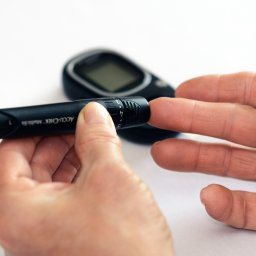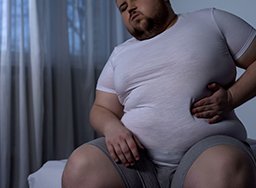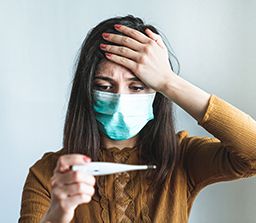How Long Do Hot Flashes Last?
Hot flashes, one of the most common symptoms of menopause, can be extremely uncomfortable for the many women who experience them. They can be debilitating, frustrating and embarrassing at times. It can be hard to concentrate during a hot flash, carry on conversations or be in social situations.
Don’t worry – hot flashes generally only last about 6-24 months when menopause is in full swing. The good news is they can be managed, and people can live normal, happy lives if they are able to keep their symptoms at bay.
What Can I Do About Hot Flashes?
Although they cannot be cured, hot flashes can be managed through different medications, prevention techniques or even taking part in a hot flash clinical study.
Medications
Hormone therapy
Since hot flashes are caused by a low level of estrogen, they can be managed if this level is kept high. The lower the estrogen level, the more your body is unable to recognize what it’s own temperature is. Your body will send off signals to help you cool down, such as flushing your skin and making you sweat.
Antidepressants.
According to MayoClinic, a low-dose form of paroxetine (Brisdelle) is the only nonhormone treatment for hot flashes approved by the Food and Drug Administration. While they aren’t as effective as hormone therapy, they are a good alternative for women who cannot try hormone therapy.
Prevention
Another way you can help keep hot flashes at bay is to try to prevent them. Hot flashes can come on when triggered, so avoiding these triggers can help you greatly.
- Keep cool. Obviously, hot temperatures will help set off a hot flash. Stay cool by keeping a personal fan on hand, cool towels or staying inside on warm days. If you feel a hot flash coming on, make sure you grab a cool drink and do what you can to lower your body temperature.
- Watch what you eat and drink. Spicy foods, caffeine, and alcohol will help trigger hot flashes. Our bodies normally raise the temperature when eating and drinking these foods, so they will surely set off a hot flash for someone who regularly experiences them.
- Relax. Stress and anxiety can raise our body temperatures, so do your best to stay relaxed. Practicing meditation, avoiding stressful situations and working on other stress-relieving techniques can help prevent unnecessary hot flashes.
Hot Flashes Clinical Study
If you’re looking for another way to help your hot flashes, you can see if you qualify as a participant for a hot flash clinical study. Not only will you receive personalized medical care free of charge, but you will be able to take advantage of the newest medications and treatment techniques associated with hot flashes. You will also be compensated for your participation in the study. If you want to see if you qualify for this, simply fill out our form!









